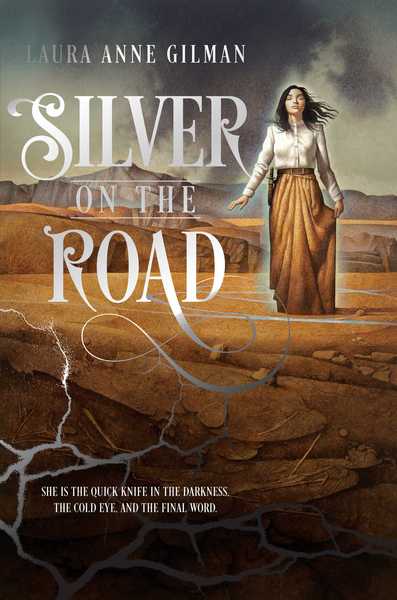 Having finally posted reviews of all the movies I saw at the 2016 Fantasia International Film Festival, I want by way of conclusion to think about what I’ve learned. I don’t just mean about film, or about the film industry. But about genre, and what genre does, and how it works on film.
Having finally posted reviews of all the movies I saw at the 2016 Fantasia International Film Festival, I want by way of conclusion to think about what I’ve learned. I don’t just mean about film, or about the film industry. But about genre, and what genre does, and how it works on film.
I will start, though, by saying that I feel I have learned a little bit more this year about the way the film industry works. For one thing, I’ve seen how quickly the business moves; a number of works I’ve reviewed have already turned up on Netflix, Amazon, or a video-on-demand service. For another thing, I saw this year how important the length of a movie can be — I saw more films this year than last that pushed the two-hour mark, and if some of them justified that length, others perhaps did not. And: for whatever reason, this year I was struck by the scale of ambition it takes to make a film, in the sense of how many resources it takes and how many moving parts are involved. Even a relatively cheap movie will cost six figures; even a no-budget film probably has a budget, and that budget probably has at least five digits in it. I knew this, of course. But for whatever reason, what I heard in the question-and-answer sessions with the directors this year brought home how much making a movie involves project management; how many moving parts are involved in filmmaking, the sheer scale not just of a major production but even of a very small one.
Still: what really hit me this year was the way that film, and people in film, approached genre. Guillermo del Toro’s impassioned discussions of the importance of genre, horror, and monsters helped frame the festival for me. I found myself watching how a movie, how a story, approached the idea of genre. How it played with conventions, referred to other films, or tried to forge its own path. I think I do tend to focus on these things anyway, but at Fantasia this year the movies I saw seemed to come together to demonstrate something about the nature of genre and moviemaking.
…
Read More Read More
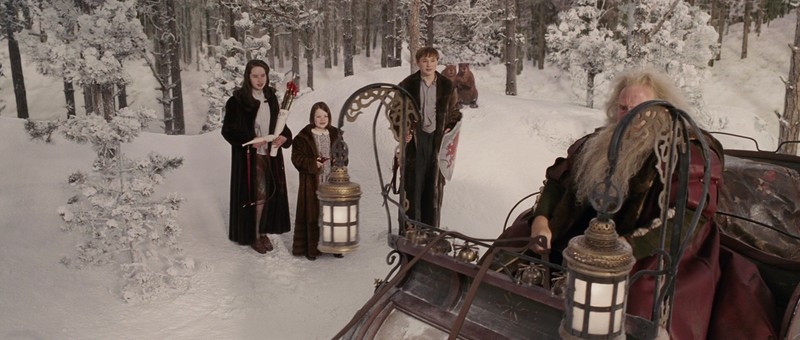

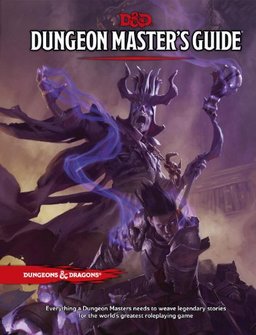


 Having finally posted reviews of all the movies I saw at the 2016 Fantasia International Film Festival, I want by way of conclusion to think about what I’ve learned. I don’t just mean about film, or about the film industry. But about genre, and what genre does, and how it works on film.
Having finally posted reviews of all the movies I saw at the 2016 Fantasia International Film Festival, I want by way of conclusion to think about what I’ve learned. I don’t just mean about film, or about the film industry. But about genre, and what genre does, and how it works on film.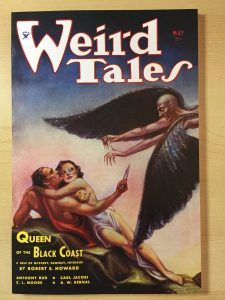
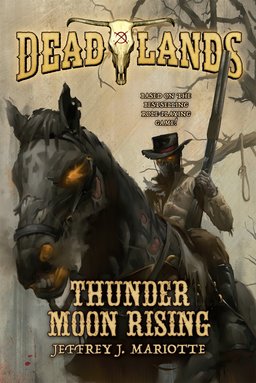
 Wednesday, August 3, was the last day of the Fantasia International Film Festival. Three full weeks of genre films would wrap up here, and I was looking forward to the three last films of the year. The day would begin with the Chinese martial-arts film Judge Archer (Jianshi liu baiyuan). After that came the independent American movie If There’s a Hell Below, promising a paranoid thriller about whistleblowers and government surveillance. Finally came a movie I’d been eagerly anticipating since the start of the festival, the Polish science-fictional classic from 1977 On the Silver Globe (Na srebrnym globie), a space opera about colonization and war on an alien planet. All three were rewarding, and all three were pleasantly (and increasingly) elliptical.
Wednesday, August 3, was the last day of the Fantasia International Film Festival. Three full weeks of genre films would wrap up here, and I was looking forward to the three last films of the year. The day would begin with the Chinese martial-arts film Judge Archer (Jianshi liu baiyuan). After that came the independent American movie If There’s a Hell Below, promising a paranoid thriller about whistleblowers and government surveillance. Finally came a movie I’d been eagerly anticipating since the start of the festival, the Polish science-fictional classic from 1977 On the Silver Globe (Na srebrnym globie), a space opera about colonization and war on an alien planet. All three were rewarding, and all three were pleasantly (and increasingly) elliptical.